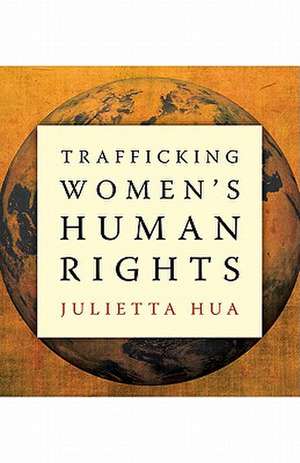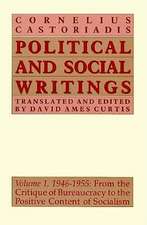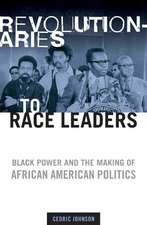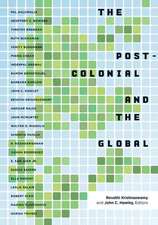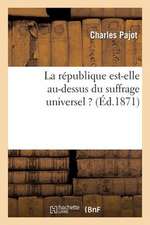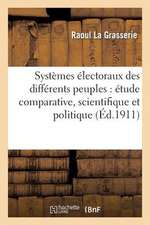Trafficking Women’s Human Rights
Autor Julietta Huaen Limba Engleză Paperback – aug 2011
The history of human beings bought and sold, forced into lives of abject servitude or sexual slavery, is a story as old as civilization and yet still of global concern today. How this story is told, Julietta Hua argues, says much about our cultural beliefs. Through a critical inquiry into representations of human trafficking, she reveals the political, social, and cultural strains underlying our current preoccupation with this issue and the difficulty of framing human rights in universal terms.
In Trafficking Women’s Human Rights, Hua maps the ways in which government, media, and scholarship have described sex trafficking for U.S. consumption. As her investigation takes us from laws like the Victims of Trafficking and Violence Protection Act to political speeches and literary and media images, it uncovers dark assumptions about race, difference, and the United States’ place in the world expressed—and often promoted—by such images. The framing itself, exploiting dichotomies of victim/agent, rescued/rescuer, trafficked/smuggled, illustrates the limits of universalism in addressing human rights.
Uniquely broad in scope, this work considers the laws of human trafficking in conjunction with popular culture. In doing so, it constructively draws attention to the ways in which notions of racialized sexualities form our ideas about national belonging, global citizenship, and, ultimately, human rights.
In Trafficking Women’s Human Rights, Hua maps the ways in which government, media, and scholarship have described sex trafficking for U.S. consumption. As her investigation takes us from laws like the Victims of Trafficking and Violence Protection Act to political speeches and literary and media images, it uncovers dark assumptions about race, difference, and the United States’ place in the world expressed—and often promoted—by such images. The framing itself, exploiting dichotomies of victim/agent, rescued/rescuer, trafficked/smuggled, illustrates the limits of universalism in addressing human rights.
Uniquely broad in scope, this work considers the laws of human trafficking in conjunction with popular culture. In doing so, it constructively draws attention to the ways in which notions of racialized sexualities form our ideas about national belonging, global citizenship, and, ultimately, human rights.
Preț: 198.73 lei
Nou
Puncte Express: 298
Preț estimativ în valută:
38.03€ • 39.56$ • 31.40£
38.03€ • 39.56$ • 31.40£
Carte tipărită la comandă
Livrare economică 14-28 aprilie
Preluare comenzi: 021 569.72.76
Specificații
ISBN-13: 9780816675616
ISBN-10: 0816675619
Pagini: 216
Ilustrații: 5
Dimensiuni: 140 x 216 x 28 mm
Greutate: 0.25 kg
Ediția:1
Editura: University of Minnesota Press
Colecția Univ Of Minnesota Press
ISBN-10: 0816675619
Pagini: 216
Ilustrații: 5
Dimensiuni: 140 x 216 x 28 mm
Greutate: 0.25 kg
Ediția:1
Editura: University of Minnesota Press
Colecția Univ Of Minnesota Press
Notă biografică
Julietta Hua is assistant professor of women and gender studies at San Francisco State University.
Cuprins
Contents
Preface
Acknowledgments
Introduction: The Legal Stakes of Human Trafficking
1. Universalism and the Conceptual Limits to Human Rights
2. Speaking Subjects, Classifying Consent: Narrating Sexual Violence and Morality through Law
3. Front Page News: Writing Stories of Victimization and Rescue
4. Seeing Race and Sexuality: Origin Stories and Public Images of Trafficking
5. Refiguring Slavery: Constructing the United States as a Racial Exception
Conclusion: Considering the Transnational in Feminist Actions
Notes
Index
Preface
Acknowledgments
Introduction: The Legal Stakes of Human Trafficking
1. Universalism and the Conceptual Limits to Human Rights
2. Speaking Subjects, Classifying Consent: Narrating Sexual Violence and Morality through Law
3. Front Page News: Writing Stories of Victimization and Rescue
4. Seeing Race and Sexuality: Origin Stories and Public Images of Trafficking
5. Refiguring Slavery: Constructing the United States as a Racial Exception
Conclusion: Considering the Transnational in Feminist Actions
Notes
Index
Recenzii
"Julietta Hua provides a fresh, vital account of the fundamental pitfalls of human rights policy. This is an engaging and provocative book that frames important questions in productive and generative ways. It is a beautiful example of how sophisticated, interdisciplinary analysis can push our thinking and our actions towards true social justice. And, as this book attests, it is never easy." —Lisa Sun-Hee Park, author of Consuming Citizenship: Children of Asian Immigrant Entrepreneurs
Descriere
How images of sex trafficking produce notions of race, sex, and citizenship
